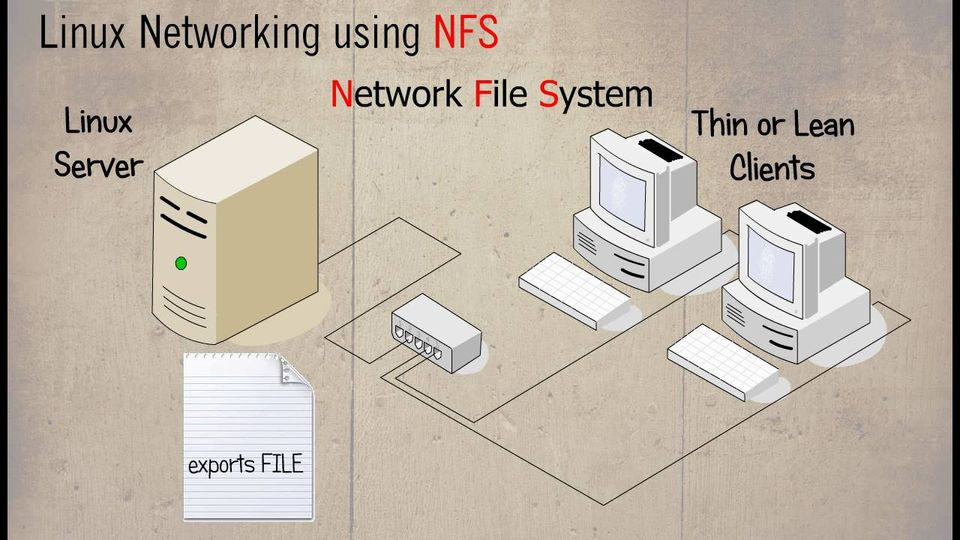Why NFS more efficient?

NFS (Network File System) and SMB (Server Message Block) are both protocols used for sharing files over a network, but they have their own strengths and weaknesses.
In general, NFS is considered to be more efficient than SMB for certain types of tasks. This is because NFS is a stateless protocol, which means that the client and server do not need to keep track of each other's state or connection status. This makes NFS more lightweight and faster than SMB in certain scenarios, such as transferring large files over a high-speed network.
NFS also has better support for Unix and Linux systems, as it was originally designed for Unix-based systems and supports Unix-style file permissions and attributes. This makes it easier to share files between Unix-based systems using NFS.
On the other hand, SMB is a more feature-rich protocol that offers better support for Windows-based systems. SMB is the default protocol used by Windows for file sharing, and it offers more advanced features such as file locking, authentication, and encryption. SMB is also more commonly used in enterprise environments, where Windows-based systems are more prevalent.
Overall, the choice between NFS and SMB will depend on the specific use case and the types of systems being used. NFS may be more efficient for certain types of tasks, while SMB may be more feature-rich and better suited for Windows-based systems.
